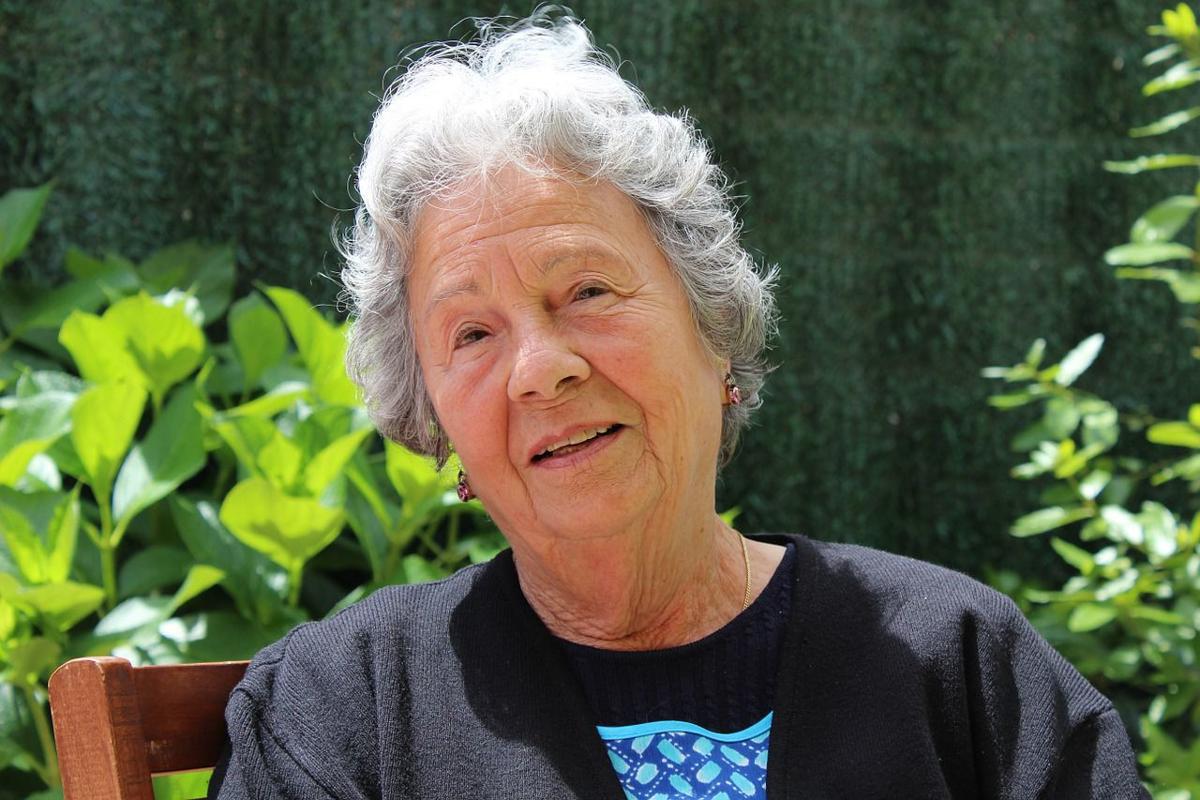When a senior loved one starts forgetting things or repeating something they just told you, it isn’t uncommon for family members to begin to worry. While these symptoms can be linked to other health conditions, such as an infection or a thyroid problem, they are also two of the earliest warning signs of dementia.
Before you assume the worst, it helps to learn more about the symptoms and early signs of Alzheimer’s and similar forms of dementia.
Here are a few symptoms that should be discussed with the senior’s primary care physician:
1) Memory loss
In the course of a busy day, most of us forget things. But when memory loss is significant enough that it impacts daily life, it is a concern that should be addressed by a physician. Keep detailed notes and examples of what your senior loved one forgets (e.g., friends’ names, family parties, important appointments) and how often forgetfulness occurs.
2) Abstract thought
Seniors in the early stages of Alzheimer’s often experience a decline in abstract thought processes. This translates to problems managing finances, writing lists and letters, putting change in a parking meter, cooking, and more.
3) Personality change
Agitation, mood swings, and changes in personality can also be signs of Alzheimer’s disease. Be sure to document any consistent changes that you notice so you can share them with the senior’s physician.
4) Losing belongings
We all lose things from time to time. Even healthy adults may lose their car keys or cell phones on a regular basis. But when an older adult starts to develop a pattern of misplacing belongings or putting things in odd locations, it can be a sign of memory loss related to Alzheimer’s.
5) Overreacting
Also monitor how your senior loved one reacts to situations. For example, when something is missing do they accuse people close to them of stealing? Being overly suspicious or overly emotional can be early symptoms of Alzheimer’s.
6) Personal hygiene:
If a habitually tidy older adult begins to neglect their personal hygiene, it can indicate a struggle. Sometimes they are just physically unable to care for themselves like they used to. However, neglecting personal hygiene can also be a sign of depression or dementia that requires medical intervention.
Withdrawing: Another red flag that may indicate something is wrong is if a senior begins to withdraw from favorite social activities and family gatherings. For people with dementia, these types of social situations can be difficult. When carrying on a conversation and having trouble remembering names becomes a struggle, it can be embarrassing. A senior may feel it is easier and less stressful just to stay home.
While a diagnosis of Alzheimer’s or a similar form of dementia can be difficult, there are interventions that may help slow the progression of the disease. There are also a variety of safety tools and equipment, such as GPS tracking watches and door alarms, families can use to protect a loved one with memory loss.
Your loved one’s physician can help you create a plan that allows the senior to have the best quality of life despite the disease.





